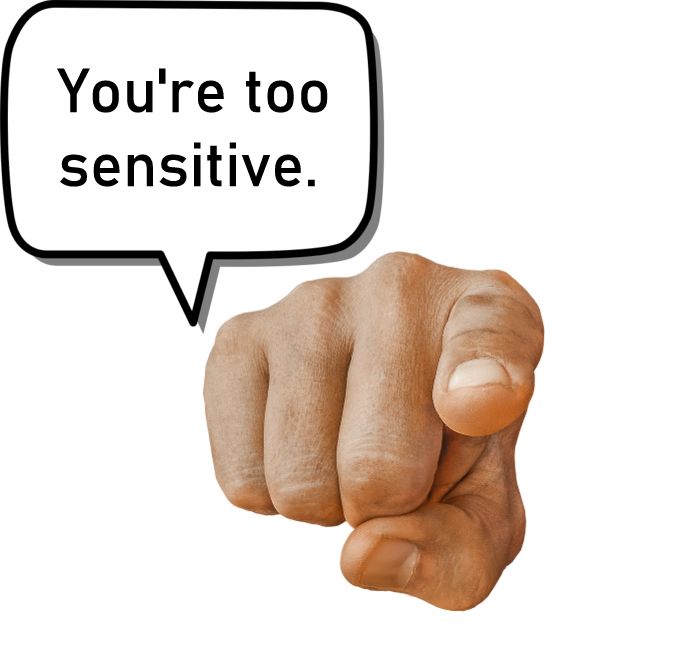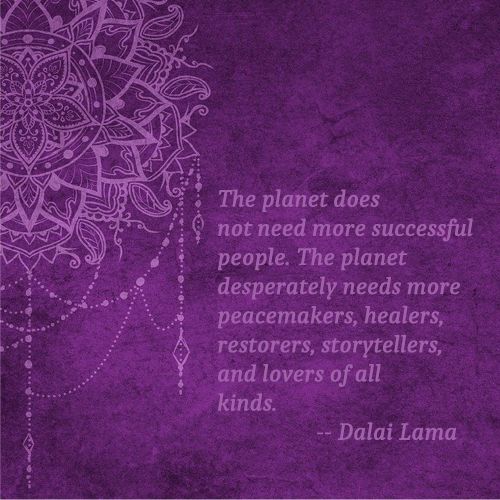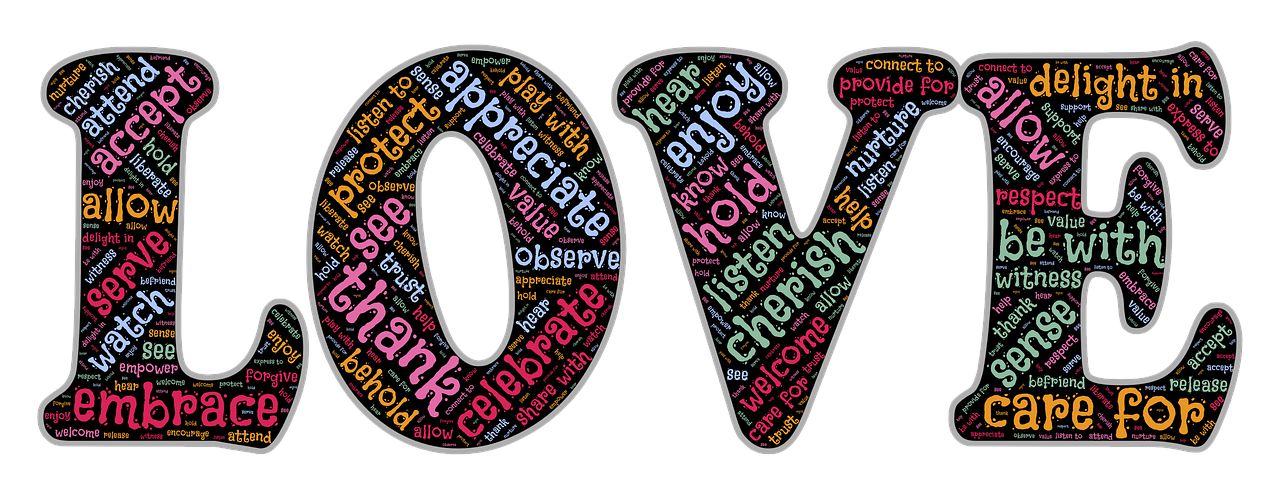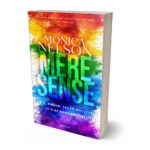I’m going to put the disclaimer up early so you know – I am sensitive to MSG. I know this because MSG will send me to bed for a week with headaches so wretched that I have prayed to end it all before enduring one more minute of pain. I am not suicidal, but I consider it a good thing that in those moments I was way too sick to consider further such a drastic solution.
Still, I read so many commentaries on how MSG’s reputation is undeserved. And I wonder why people feel so compelled to defend it so violently.
Studies have been done that show MSG as harmful. Yet, defenders suggest that not enough studies point toward harmful side effects. How much scientific evidence do you need? Here’s one to consider.
Appetite Stimulant

My surprise at actions like the one above doesn’t end there. The food industry seems to have a love affair with MSG. Food manufacturers put MSG in almost every processed food you can find. Seasonings, salad dressings, sauces, lunch meat, canned vegetables, and soups. Anything that comes to you in a can, a box, a package of any kind will more likely than not contain MSG.
Why is it necessary to add it to every product they put on the market?
Here’s my theory. MSG increases appetite. There is evidence to support that. If you eat their product, then you find yourself longing for more. Hence, you buy more. Instant boost in sales.
Misdirection
It’s bad enough if it ended with that simple ploy. But add to that another little anomaly. MSG is not simply monosodium glutamate anymore. It can be found listed under numerous pseudonyms. In fact, I have compiled for myself a list of almost 100 “alternative” names for MSG. Here is a sample list. Ask yourself why they feel the need to do this.
When I first discovered this fact, I went through my kitchen looking at labels. The only place I could find “MSG” listed as an ingredient in my kitchen was an old spice bottle (which was tossed immediately). Yet, this was not the only suspect food that I tossed, as those foods had ingredients on my pseudonyms list. I know to be very, very careful with the ingredient list of any food at the grocery store other than straight-from-the-field foods.
Real Food Tastes Good
The processed food industry has done the public a huge disfavor. Claims of healthy benefits like vitamin fortification, low fat, low carb, etc. are misleading. Foods like baked goods and fried foods contain trans fat. According to the Mayo Clinic, trans fat hits you with a double whammy for heart health. Increasing your “bad” cholesterol while lowering your “good” cholesterol at the same time.
These are foods that have been put forward as good for you, yet they are far away from the way nature has prepared them for our consumption. We have been slowly pulled away from the kind of basic eating that nature intended by the food industry. And you can bet that a majority of those items are made more enticing by MSG.
The truth is that if we could break away from the temptation of processed foods and get back to basics (minus seasonings that contain MSG), we would find that the foods nature intended are just as delicious.
I consider myself one of the lucky ones. Because of my sensitivity, my body feels the ill effects of MSG so strongly that I have changed my diet back to the one nature intended. If your body has a sensitivity, you probably have too. To those who don’t feel it so strongly, the motivation is not so obvious. But it still produces harmful effects. Your choice may be harder to make. I hope this reminder will help you say “no” to the MSG defenders.
Copyright 2021, Monica Nelson











